
24 Oct 2007

Draussen bleiben
No overview found
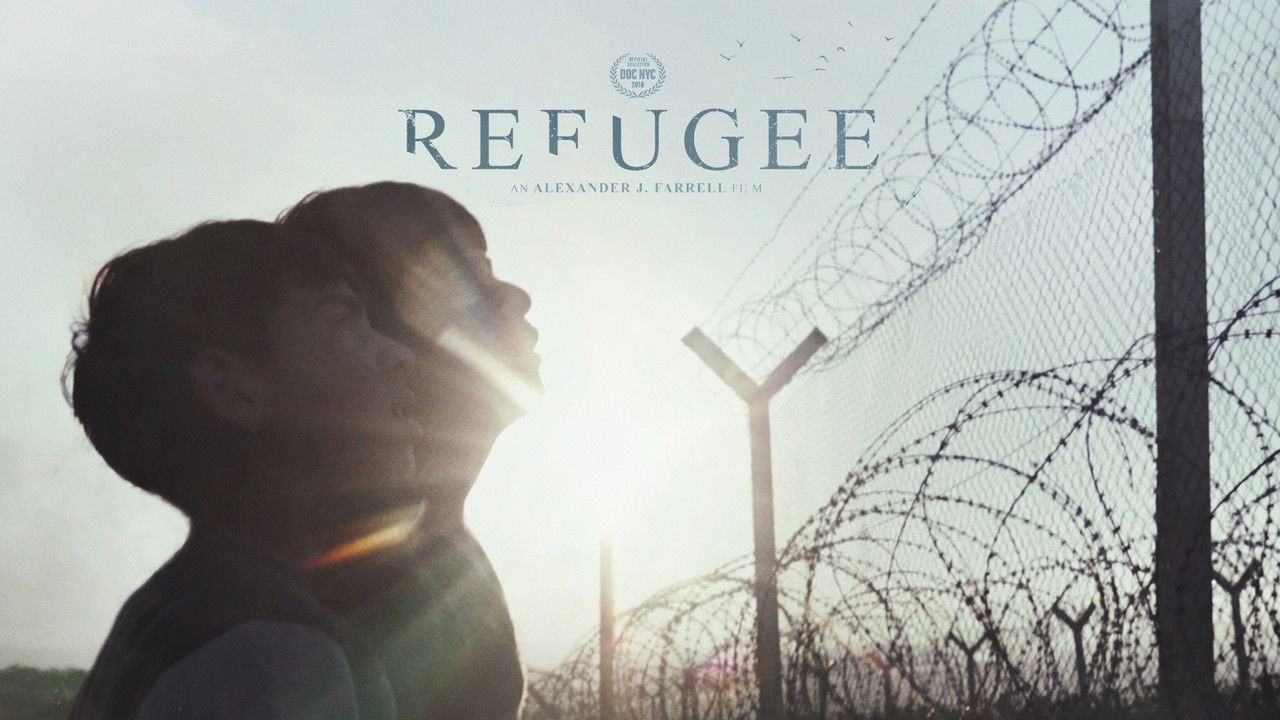
A harrowing account of Europe's migrant crisis. A family of Syrian refugees separated by the borders of Europe, fight to be reunited as they migrant from Syria to Germany.

24 Oct 2007

No overview found

06 Sep 2018

In focusing his attention on the competitors of Mr Gay Syria, director Ayse Toprak shatters the one-dimensional meaning of “refugee”. Using the pageant as a means of escape from political persecution, the organiser Mahmoud — already given asylum in Berlin — hopes to offer the winner a chance to travel as well as bring international attention to the life-threatening situations faced by LGBT Syrians.
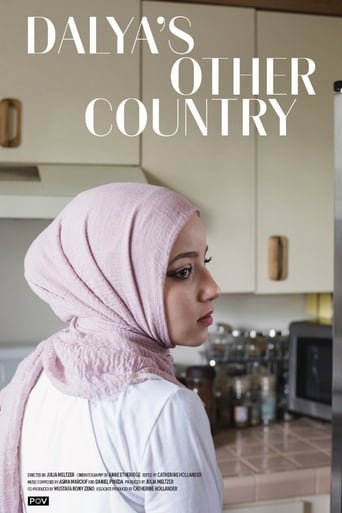
17 Jun 2017

In 2012 Dalya and her mother Rudayna fled Aleppo for Los Angeles as war took over. Months before, Rudayna learns a secret that destroys her marriage, leaving her single at midlife. Arriving in LA, Dalya enrolls as the only Muslim at Holy Family Catholic High School. Can mother and daughter remake themselves while holding on to their Islamic traditions?

22 Sep 2017

An estimated 12 million people live in refugee camps worldwide and only 0.1% are resettled, repatriated, or integrated into normal society each year. The feature-length documentary.
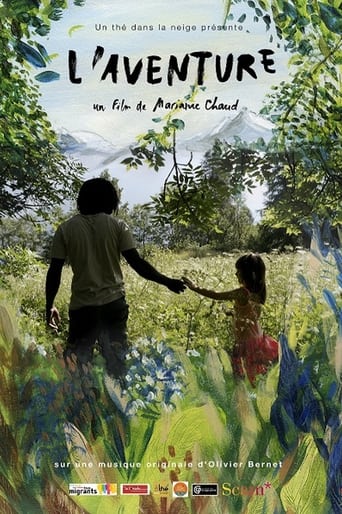
24 Jan 2021

In the Briançonnais mountains, in France, men and women on the roads of exile find the courage to cross the passes on foot, risking their lives. Arrived at the end of a long journey, exhausted, they do not know if they could settle down somewhere to start their life over. It is this transitional time that "The Adventure" tells. Ossoul, the Sudanese poet, Mamadou, survivor of an icy night at the Col de l'Échelle, Charlotte, Mother Courage and others are gradually getting back on their feet and settling to embark on a new life. Filmed over three years, "L'Aventure" is a story of resilience, friendships and revealed emotions. The portraits are drawn and deepened until everyone can recognize themselves in the other, put themselves in their place and understand them.
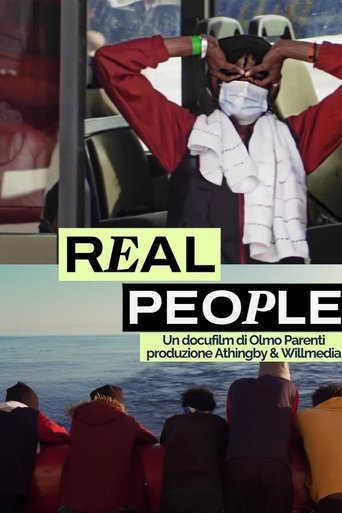
12 Apr 2024

No overview found
01 Jan 1993
Takes place in the Saharawi refugee camps in Algeria against the historical backdrop of Spanish colonialism and the Moroccan invasion of the Western Sahara. The Saharawi women, who make up 80% of the adult refugee population, provide a powerful voice as they reveal how they came to assume primary responsibility for the survival of the remains of their families and in turn the entire refugee population.
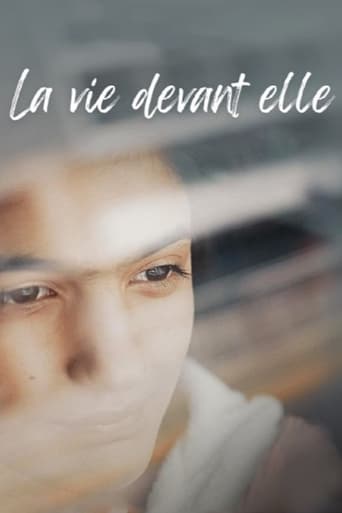
11 Mar 2023

La vie devant elle is the diary of the exile of Elaha, a 14 year old Afghan girl, who films herself with a small camera to tell her story. Through her story, the film portrays the reality of children growing up on the road, tossed from place to place to flee conflicts in the hope of finding a normal life.
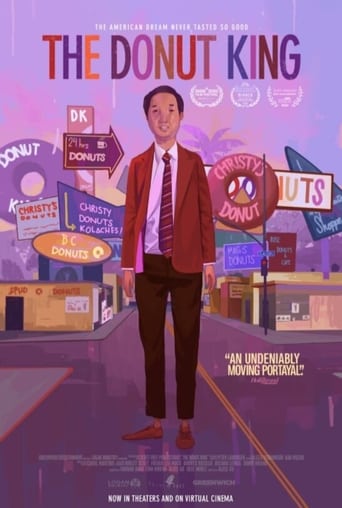
24 Aug 2020

Cambodian refugee Ted Ngoy builds a multi-million dollar empire by baking America's favourite pastry: the doughnut.
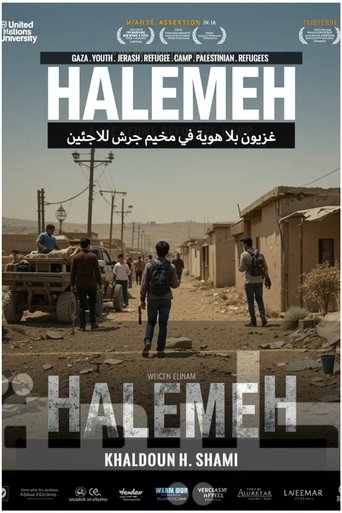
01 Feb 2003

In the Gaza refugee camp of Jerash, Palestinians face the critical issue of lacking identification documents. This situation undermines their rights and hinders access to essential services and opportunities.
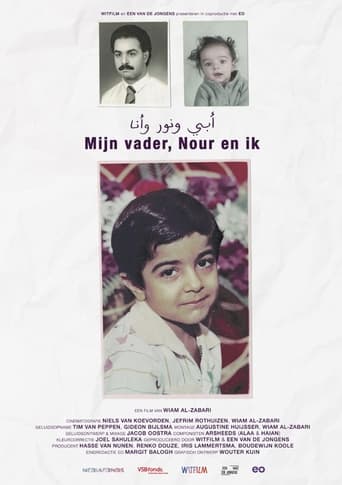
01 Jun 2023

After twenty years, Wiam Al Zabari starts a conversation with his father. Why did they flee from Iraq? Why was that never discussed? Will he be able to let go of the past and embrace a Dutch future?
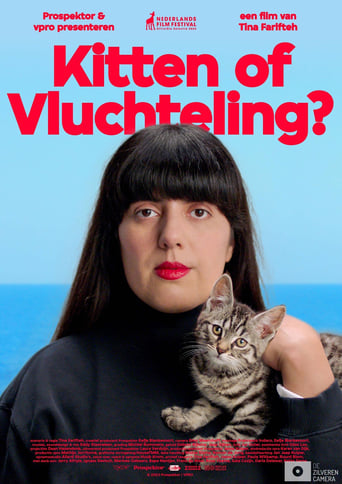
26 Sep 2023

No overview found

19 Jun 2025

Amid December’s festive glow, refugees remain hidden in forests along the Poland-Belarus border. This powerful documentary gives voice to their silent cries.
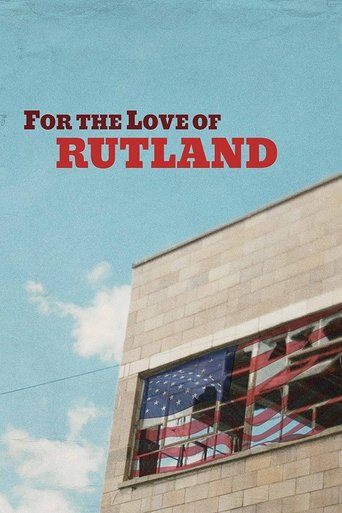
28 May 2020

After an attempt to bring Syrian refugees into the predominately white New England town of Rutland, Vermont, unleashes deep partisan rancor, a longtime Rutland resident emerges as an unexpected leader in a town divided by class, cultural values, and divisive politics.

20 Jun 2015

Two Americans deliberately head to the edge of war, just seven miles from the Syrian border, to live among 80,000 uprooted refugees in Jordan's Za'atari refugee camp.
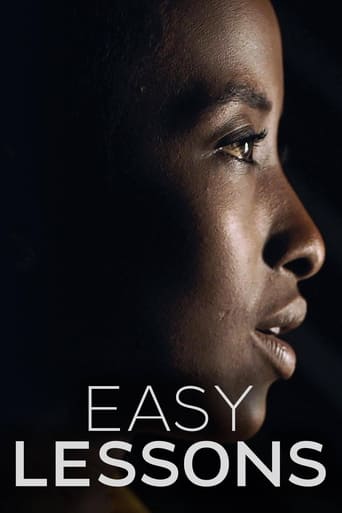
07 Aug 2018

Kafia, a young girl on the brink of adulthood, has to leave behind a lot of what defined her Somalian life as she tries to adapt to her new existence in Hungary. As the family’s cultural values and taboos start to fall apart, Kafia tries to explain and make sense of all these changes to her mother left behind.
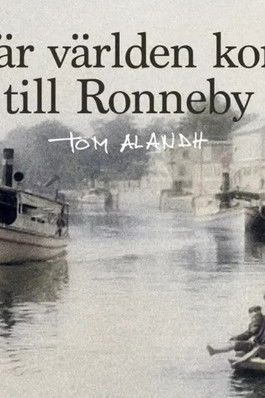
09 Jan 2022

With the refugee influx in 2015, Ronneby gained 3,000 new inhabitants and the schools 1,000 new students. Tom Alandh traveled to Ronneby to find out how this has affected society and its inhabitants and their real and perceived security.
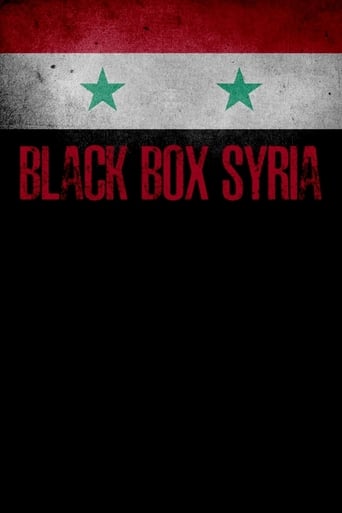
02 Oct 2020

A look back over nine years of the Syrian Civil War, an inextricable conflict, like a black box, due to the competing interests of the many factions in presence and those of the foreign powers.
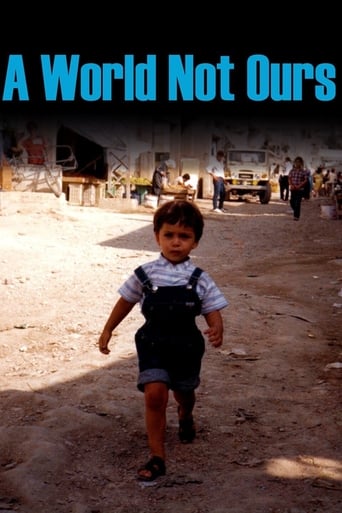
21 Feb 2014

An intimate, and often humorous, portrait of three generations of exile in the refugee camp of Ein el-Helweh, in southern Lebanon. Based on a wealth of personal recordings, family archives, and historical footage, the film is a sensitive, and illuminating study of belonging, friendship, and family in the lives of those for whom dispossession is the norm, and yearning their daily lives.
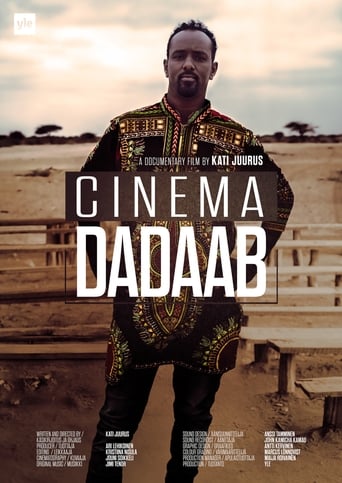
21 Sep 2018

In one of the world's largest and oldest refugee camps, Dadaab, the inhabitans survive by watching films and dreaming. The refugees cannot leave the camp, but they let their minds escape the harsh reality: by going to the simple cinema hall run by Abdikafi Mohamed, the film's protagonist.